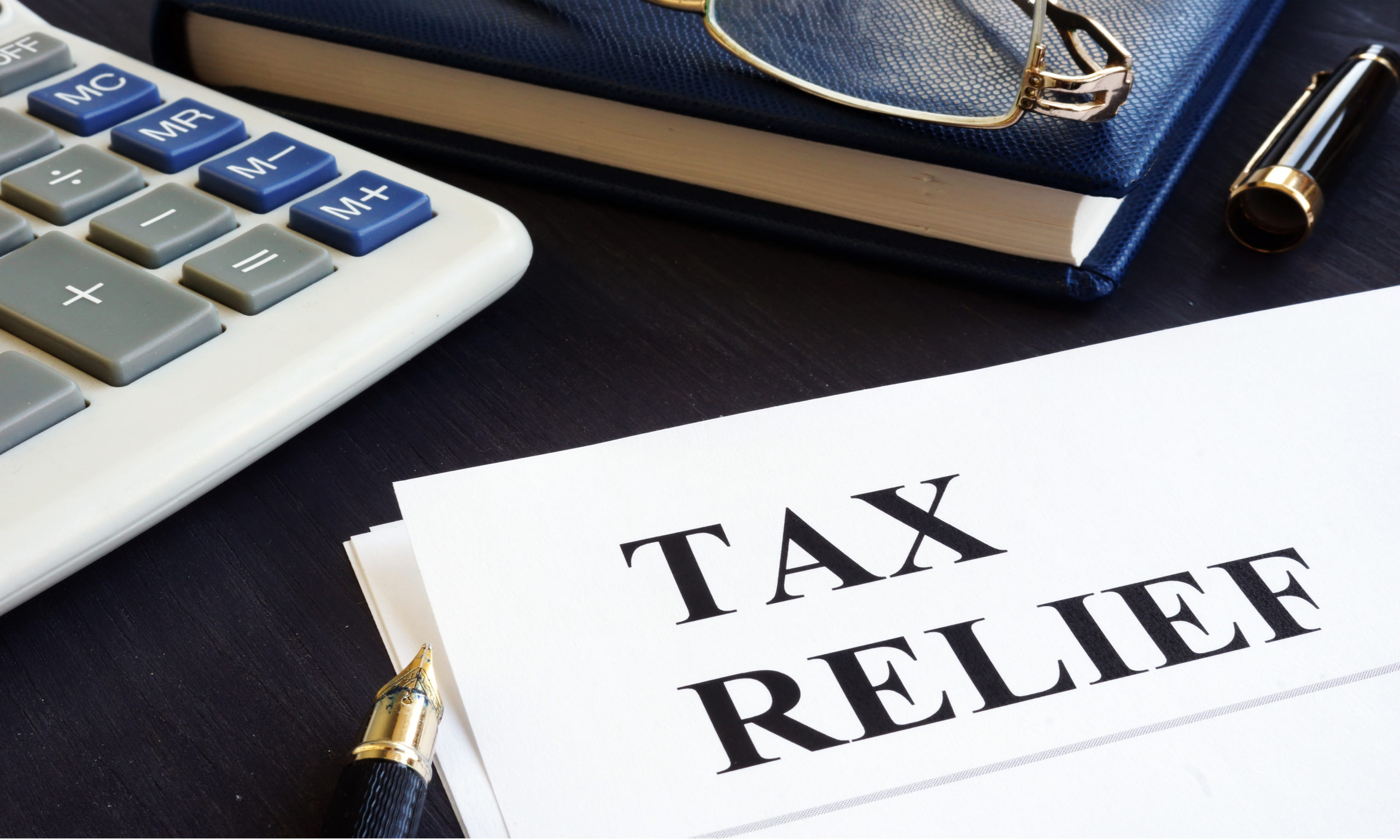
Conservation Easements – Is This Winning?
Looking for lucrative deductions to reduce your taxable income? Many people are turning to Conservation Land Easements (CE), and the tax authorities are doing their best to deny these deductions.
When a property meets the IRS criteria for a conservation easement, the owner may qualify to deduct thousands of dollars simply by acquiring the right kind of land an LLC holds.
Often, these deductions are worth much more than the actual cost of getting the LLC interest. Sounds appealing doesn’t it?
Under a conservation easement, a property’s owner gives up the right to make certain changes to that property to preserve it for future generations. Such an easement usually limits the usefulness of the property and lowers its value. But the tax deduction is not based just on the property’s reduction in value.
The magnitude of the deduction comes into play when the deduction’s value is calculated by taking the difference between the appraised “highest and best use” of the property and its new reduced value. These best use appraisals often make assumptions about the property’s potential creating massive tax deductions, which, of course, leave taxpayers lining up to claim.
But be careful! The IRS is cracking down on what it calls an “abusive tax deduction”; even going so far as to list the strategy on its Dirty Dozen list of tax scams.
Yet even after spending billions of dollars, the service is not having much success. In fact, it’s losing key arguments on the strategy. Continue reading to learn how to participate safely.













